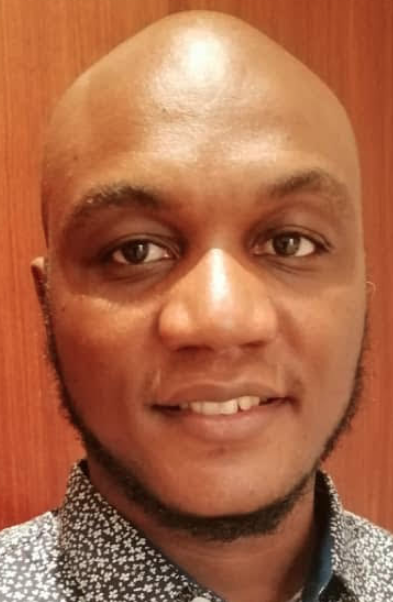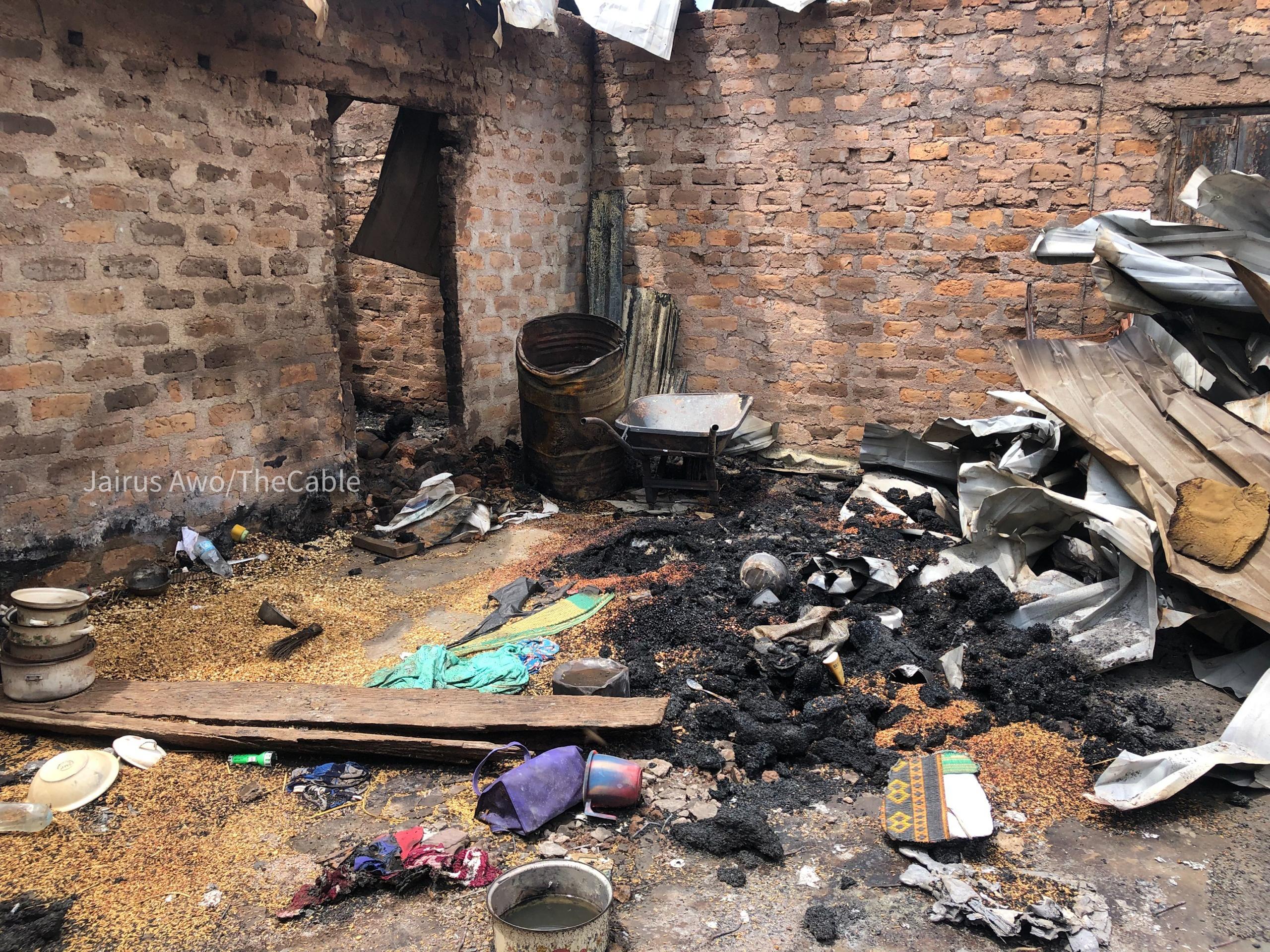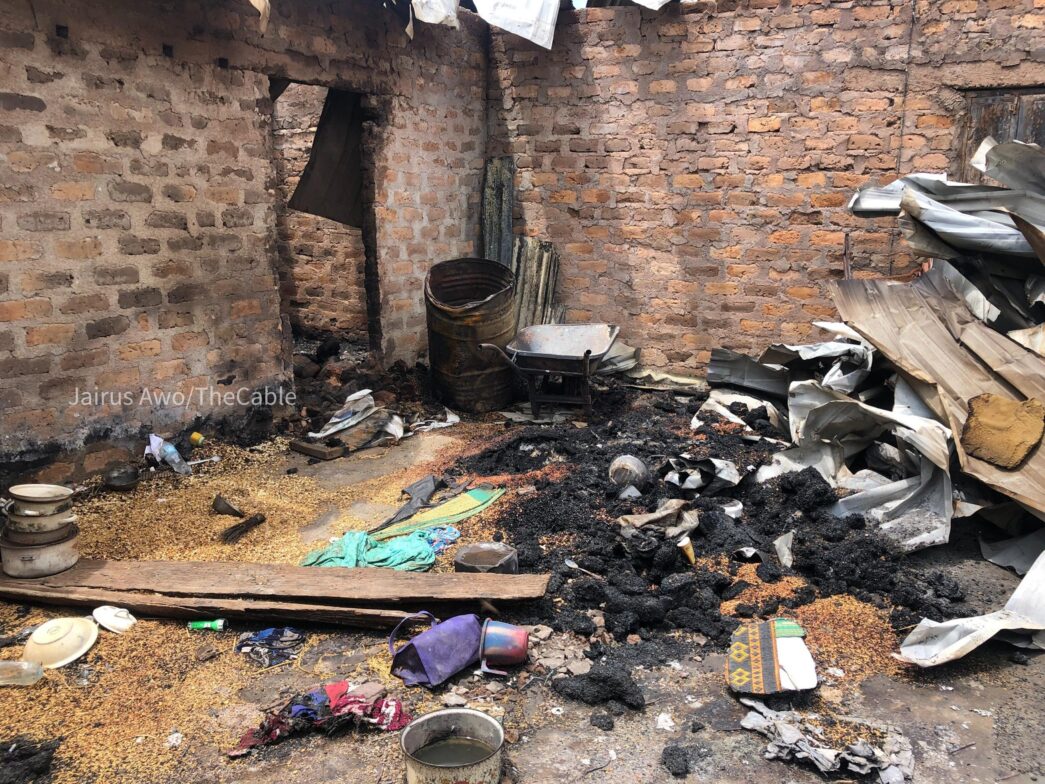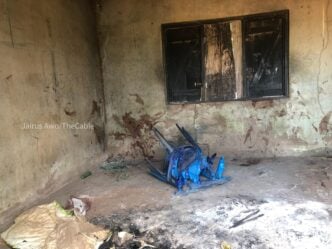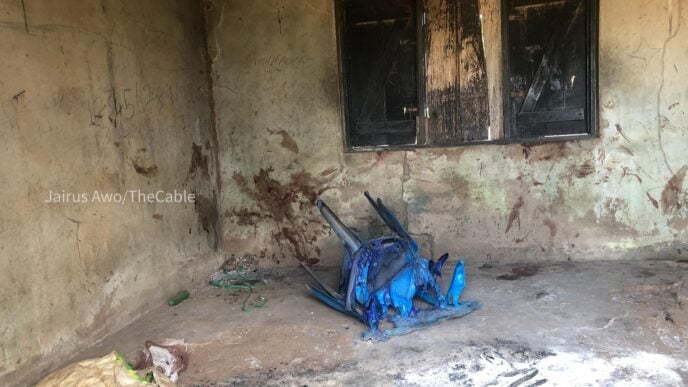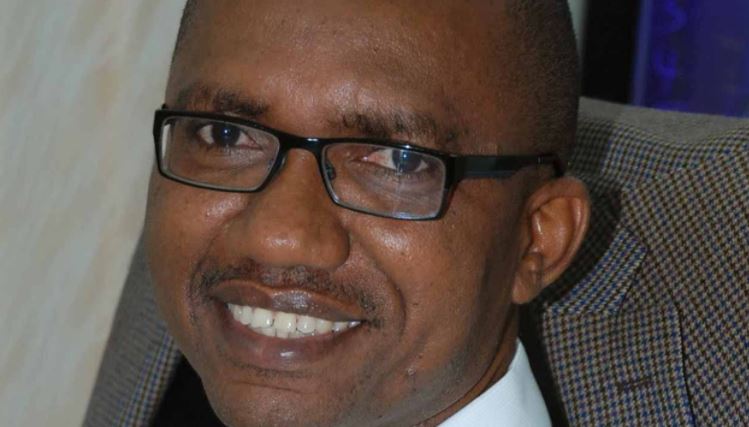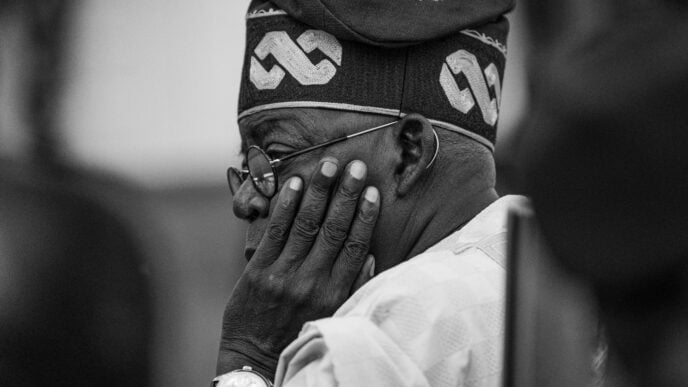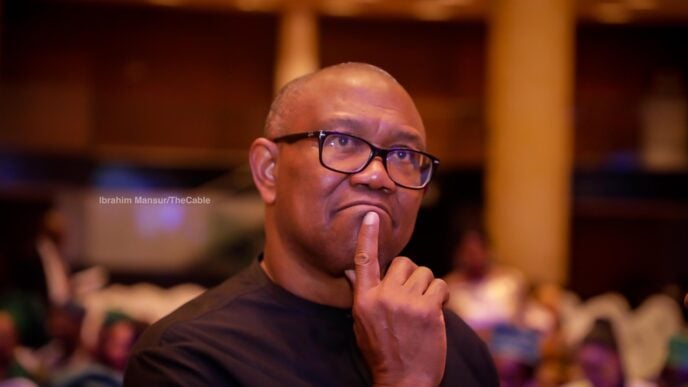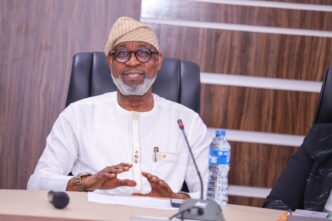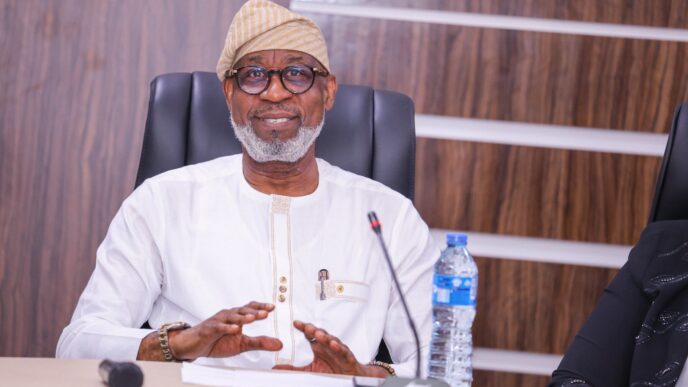Another day, another massacre in Benue state. This time, over 200 innocent souls were cut down in cold blood in Yelewata and Daudu communities in Guma local government area. Just 48 hours before this latest carnage, 25 people had been slaughtered in two other communities in Makurdi LGA.
My thoughts on this? We have reached a point where condemnation has become a useless ritual. We have perfected the art of outrage without action.
As usual, we are getting the same tired script from our leaders. President Bola Tinubu directs security agencies to fish out the killers. Opposition members blame the government. Traditional rulers condemn the killings. Religious leaders call for prayers. Civil society organisations issue press statements. Social media warriors type their anger away. Then, after a week of noise, life goes back to normal until the next massacre.
This predictable cycle of condemnation and inaction has become an insult to the memories of the dead and a mockery of the living who continue to sleep with one eye open, never knowing if they will see another sunrise.
Advertisement
How long can we continue like this? Let me put this in perspective for you. At least 500 people have been killed in Benue this year alone by these killer herders. When you add Plateau state to the equation, we are looking at over 1,000 deaths. This is not communal clashes or farmer-herder disputes. This is genocide, plain and simple.
I was impressed when President Tinubu visited Benue and asked the inspector-general of police why no arrests had been made. Good question. How is it possible that these killers appear at night, slaughter innocent people, and vanish into thin air without a trace? How come they can return weeks later to the same communities, commit the same atrocities, and still nobody gets arrested?
The answer is not far-fetched. There are consequences for bad behaviour only when there are arrests and prosecutions. When criminals know they can kill with impunity, they will continue killing.
Advertisement
I don’t like criticising our security agencies because I know many of them are doing their best under difficult circumstances. But we cannot continue to pretend that all is well when it’s not. The truth is, some rogue elements within our security forces are complicit in these killings. I have heard too many stories of security agents being sympathetic to these killer herders.
There are reports of communities being disarmed by security forces when they try to defend themselves, but these same security agents are nowhere to be found when the killers come calling. They are quick to collect weapons from law-abiding citizens trying to protect their families, but slow to confront armed bandits terrorising communities.
This has brought the question of self-defence and state police to the forefront. When people can no longer trust the state to protect them, they will naturally want to protect themselves. Can we blame them?
I am also appalled by politicians trying to score cheap points from these killings. Talk is always cheap, and everything seems easy from the opposition bench. It’s easy to have all the answers to Nigeria’s problems until you get into office and realise that governance is more complex than Twitter threads and press conferences.
Advertisement
But here’s the hard truth we must face: Nigeria is fighting a common enemy, and it seems these killer herders won’t stop until they wipe out entire communities in Benue and Plateau. No non-state group should hold an entire country to ransom. This is unacceptable.
What we need now is not more condemnation but decisive action. The military and police should be given clear rules of engagement to deal with these terrorists. Yes, I said terrorists. If you kill innocent people to advance a cause or instil fear, you are a terrorist, regardless of your ethnicity or religion.
The federal government should also stop treating these killings as isolated incidents. There is a clear pattern here. These are coordinated attacks designed to drive people from their ancestral lands. This is ethnic cleansing, and we should call it what it is.
I also think we need to have an honest conversation about the root causes of these conflicts. While we cannot excuse the killings, we must address the issues that fuel them. Climate change, desertification, population growth, and competition for resources are real problems that require real solutions.
Advertisement
The government should invest in ranching and modern cattle-rearing methods. Nomadic herding is an outdated practice that cannot coexist with modern agriculture. Other countries have successfully transitioned from nomadic herding to ranching. Nigeria can do the same.
We also need to strengthen our justice system. When killers know they will face the full wrath of the law, they will think twice before pulling the trigger. But when they know they can kill and walk away scot-free, they will continue their reign of terror.
Advertisement
The governors of the affected states also need to step up. They cannot continue to rely solely on the federal government for security. They should explore all legal options available to them, including the establishment of local security outfits and collaboration with neighbouring states.
Most importantly, we need to stop playing politics with security. Insecurity affects everyone regardless of party affiliation. When people are dying, our primary concern should be saving lives, not scoring political points.
Advertisement
The people of Benue and Plateau have suffered enough. They deserve to sleep peacefully in their homes without fear of midnight attacks. They deserve to farm their lands without looking over their shoulders for armed bandits. They deserve justice for their murdered loved ones.
Until we treat these killings with the seriousness they deserve and take decisive action to stop them, we are all complicit in the carnage. The blood of innocent Nigerians is crying out for justice, and justice delayed is justice denied. How many more must die before we say enough is enough?
Advertisement
Views expressed by contributors are strictly personal and not of TheCable.
